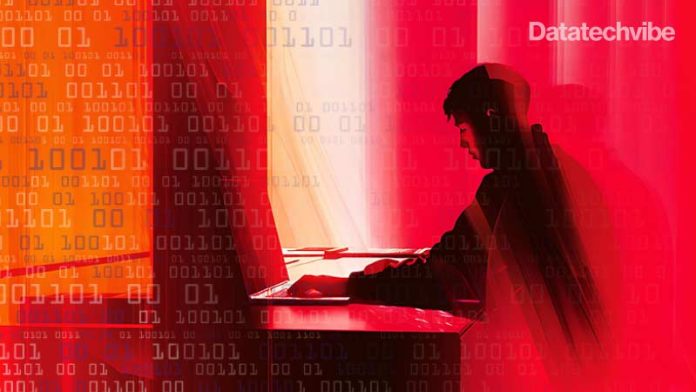Cisco anticipates a significant increase in public-private interactions to combat the misuse of AI-generated content, including potential sanctions against those responsible for digital disinformation campaigns.
Cisco has revealed critical insights into the evolving cybersecurity threat landscape, emphasising the need for collaboration between technology companies and governments. As cyber threats grow more sophisticated, Cisco advocates for developing advanced AI detection systems to ensure a safer online environment for all.
Despite ongoing efforts from both public and private sectors to detect and mitigate the effects of AI-powered disinformation, the consequences are no longer theoretical. This was evident in Cisco’s recent Cybersecurity Readiness Index, where 85% of UAE respondents anticipated a cybersecurity incident disrupting their business within 12 to 24 months.
Additionally, 52% of those affected by such incidents reported costs of at least $300,000. The urgency of leveraging AI capabilities has never been greater.
“As the volume of data generated continues to increase, the threat of AI-driven disinformation escalates. With larger data sets enhancing AI accuracy, it is imperative for companies developing AI technologies to act with utmost responsibility,” says Fady Younes, Managing Director for Cybersecurity at Cisco Middle East & Africa.
Companies and governments should aim to tackle complex societal challenges and counter the growing menace of AI-enabled disinformation.
With AI advancements making it easier and cheaper to manipulate digital content on a massive scale, it is imperative for those developing, using, and regulating the technology to collaborate effectively. This collective effort is essential to achieve the potential benefits of AI while managing the new risks it introduces.
Shortly, substantial progress will be made to address these dual challenges. Organisations will prioritise the development of reliable AI detection systems and risk mitigation strategies. Comprehensive new AI solutions will protect against cloned voices, deepfakes, social media bots, and influence campaigns.
AI models, trained on extensive datasets, will achieve enhanced accuracy and effectiveness. Furthermore, new authentication and provenance mechanisms will foster transparency and accountability.
Detecting AI-generated written content remains challenging, with current AI detection tools often yielding low accuracy and false positives. To counter AI-based subversion, tech companies are expected to invest further in improving detection mechanisms and developing content authentication and provenance systems to verify the authenticity and source of AI-generated content.
Cisco anticipates a significant increase in public-private interactions to combat the misuse of AI-generated content, including potential sanctions against those responsible for digital disinformation campaigns.
Businesses must enhance data protection and threat detection to prevent damaging impacts, requiring constant vigilance, regular vulnerability assessments, diligent security system updates, and thorough network infrastructure auditing.









